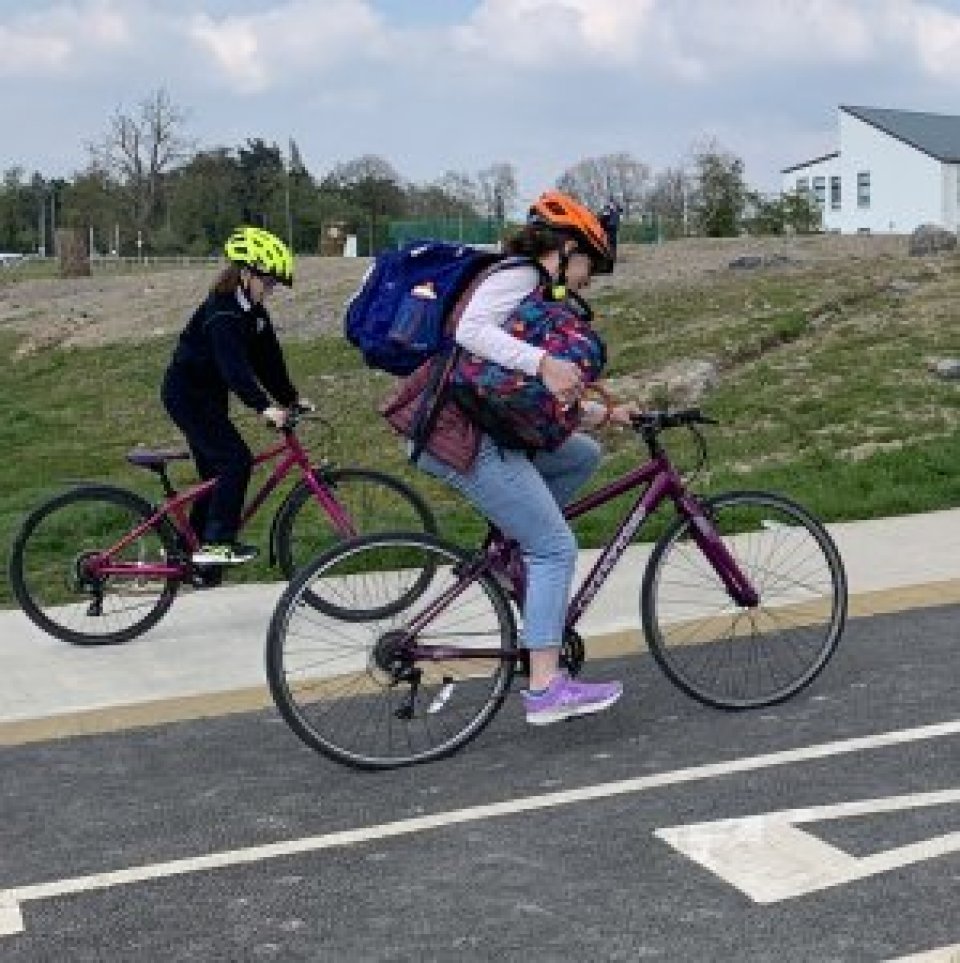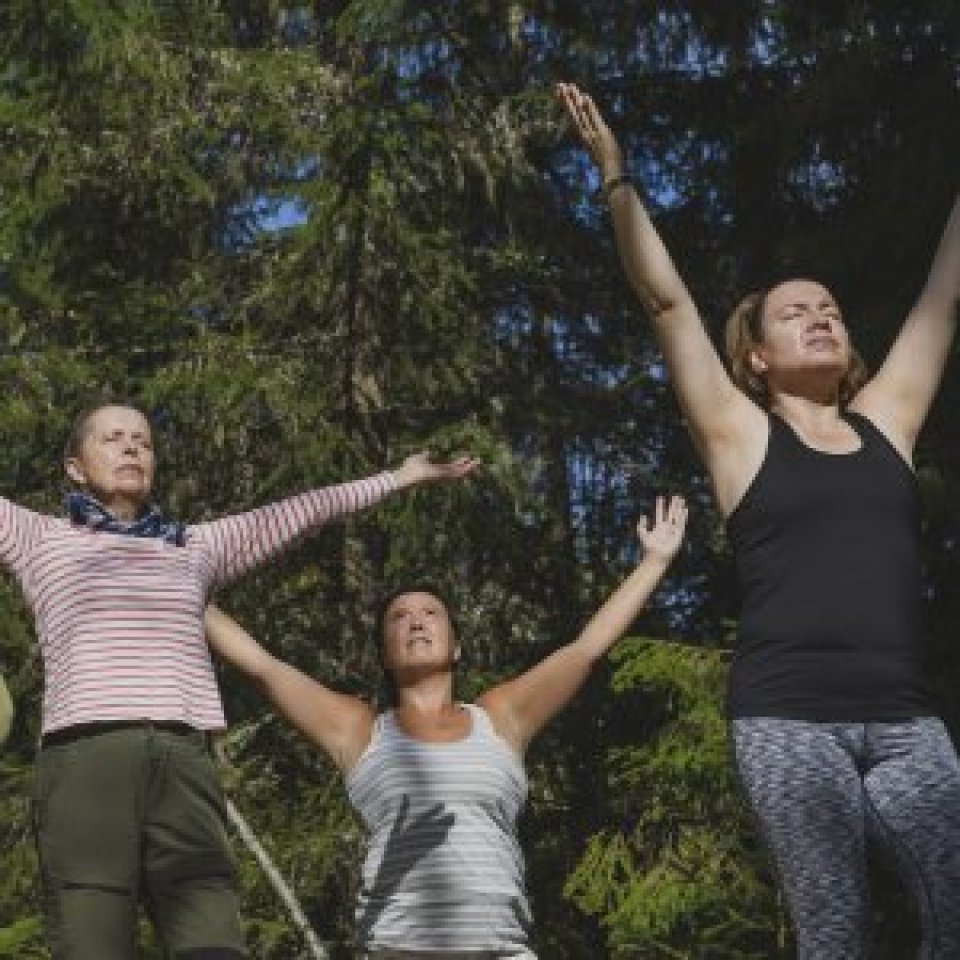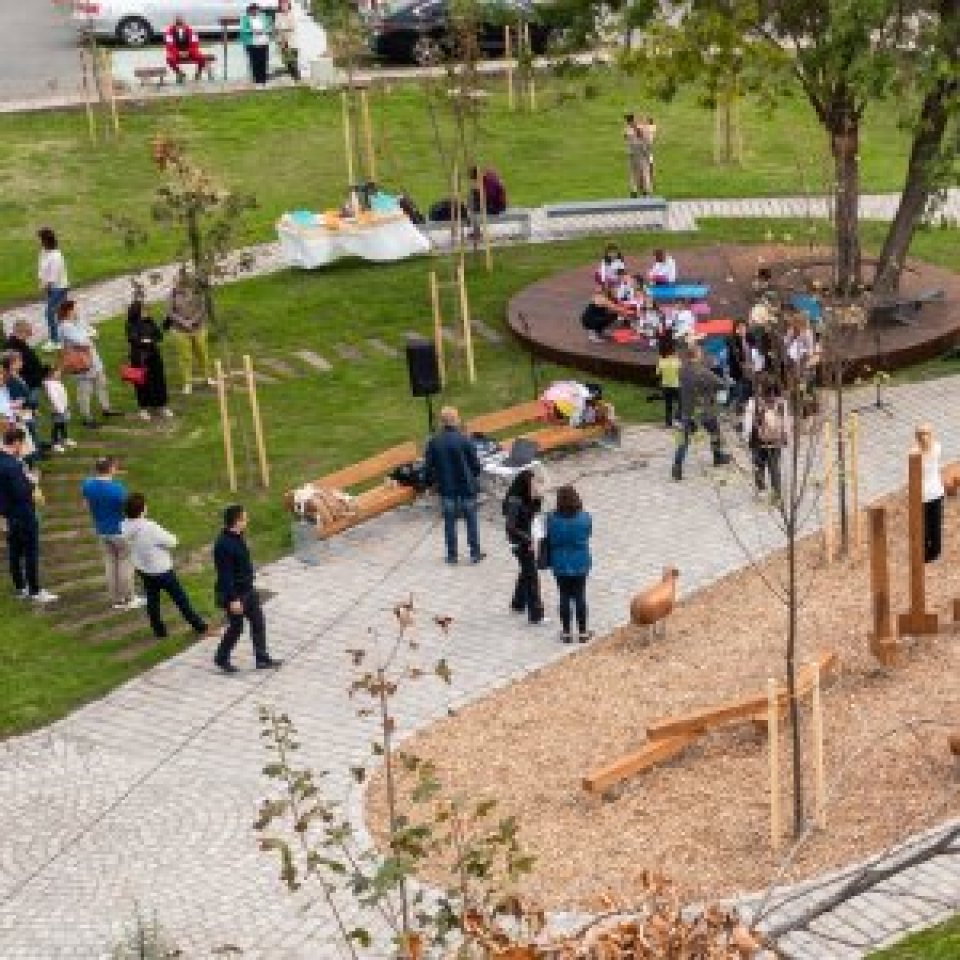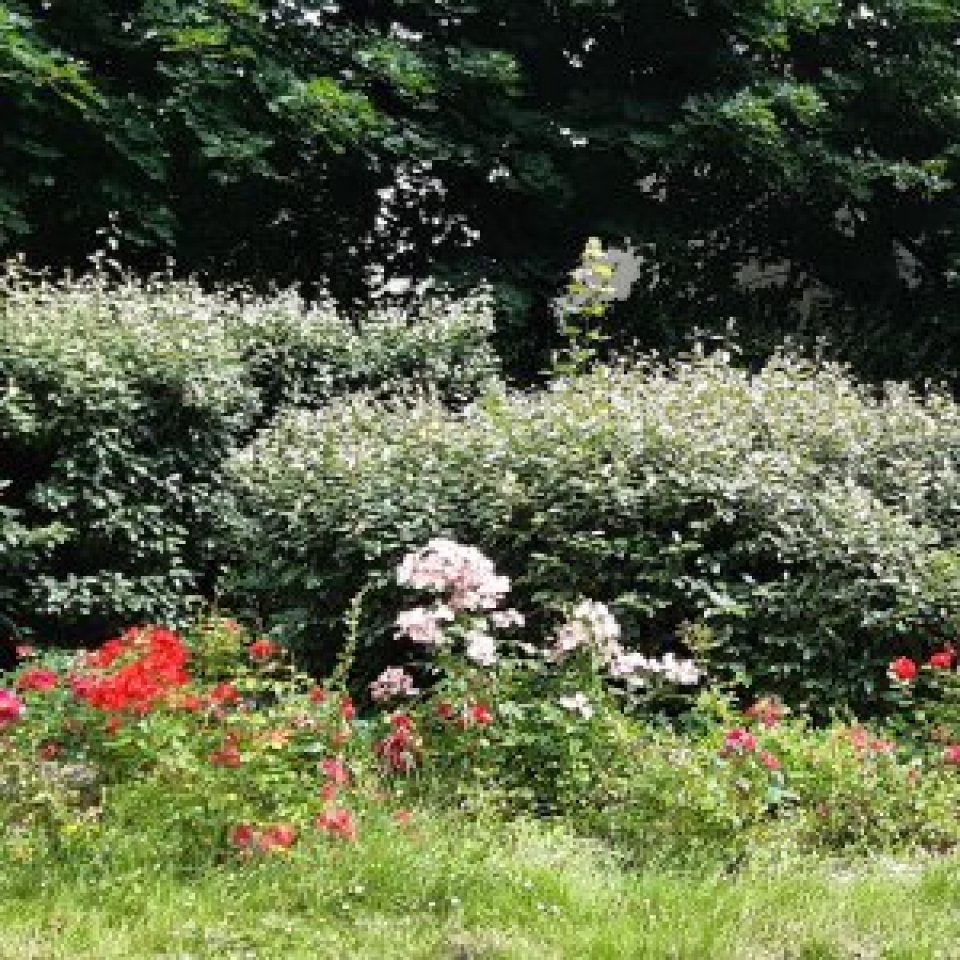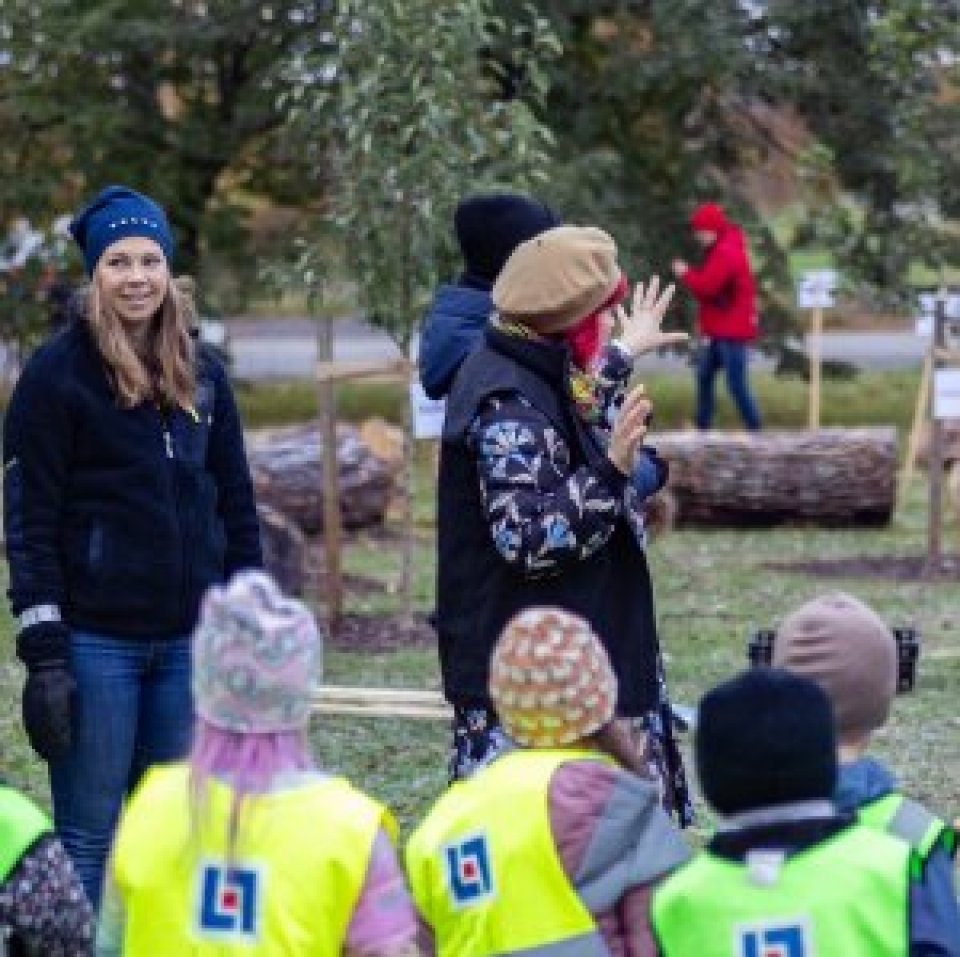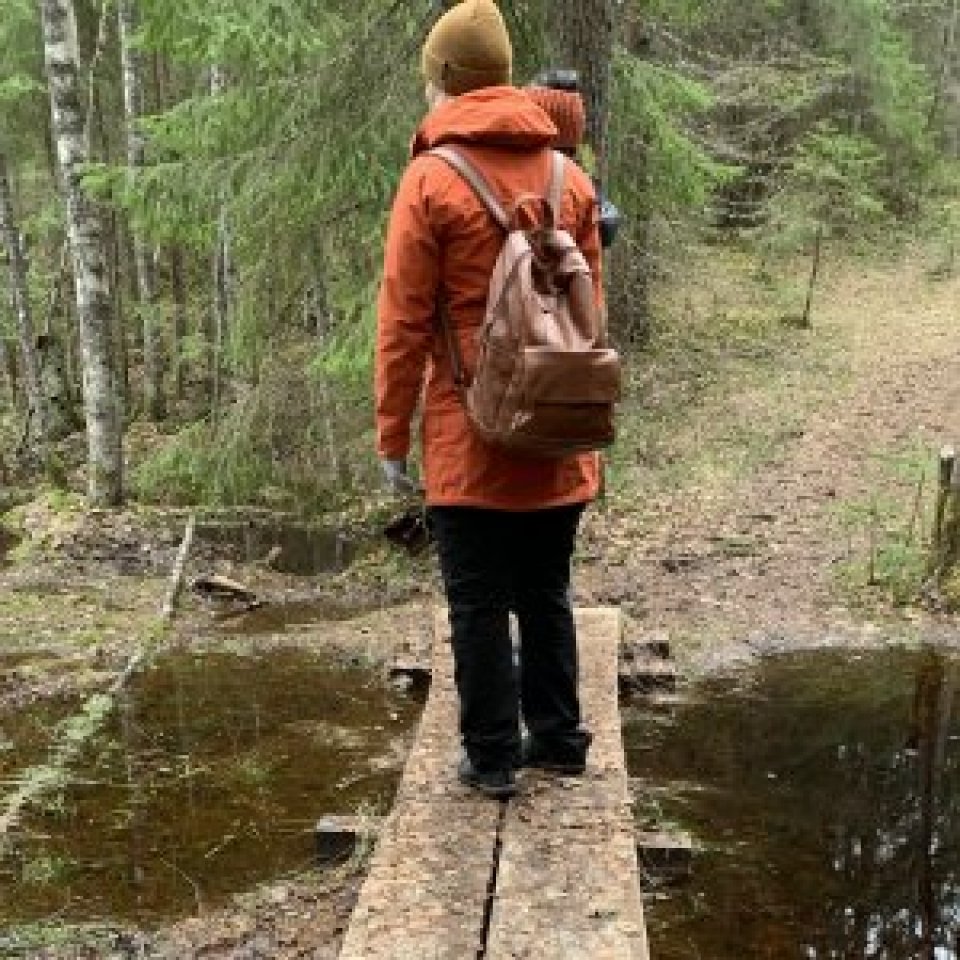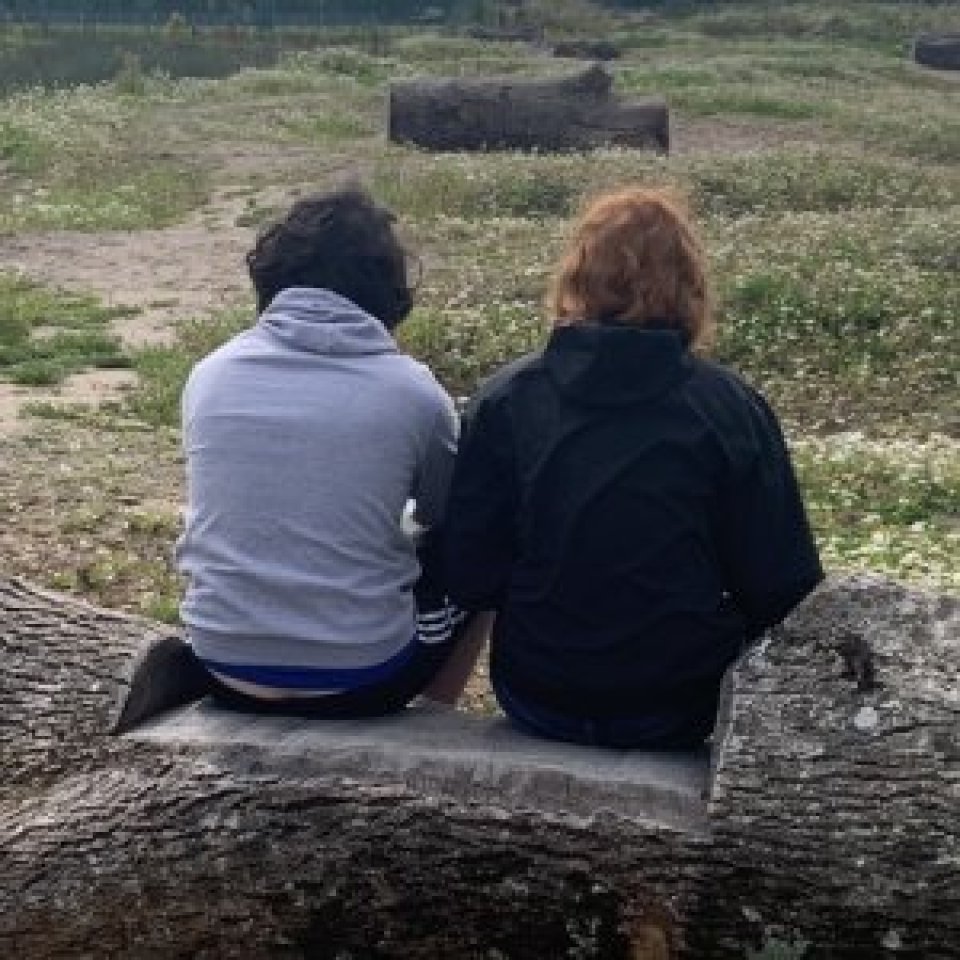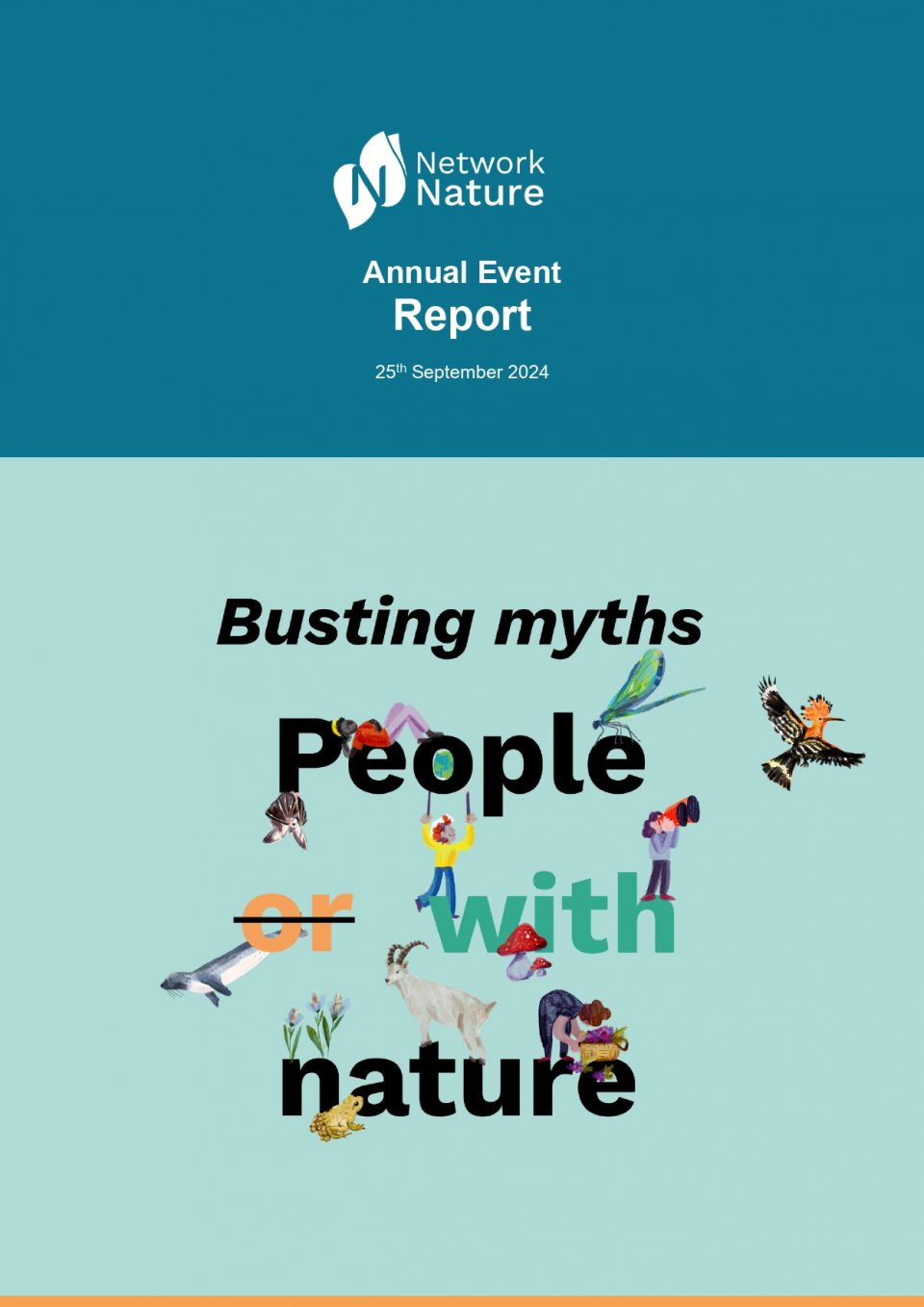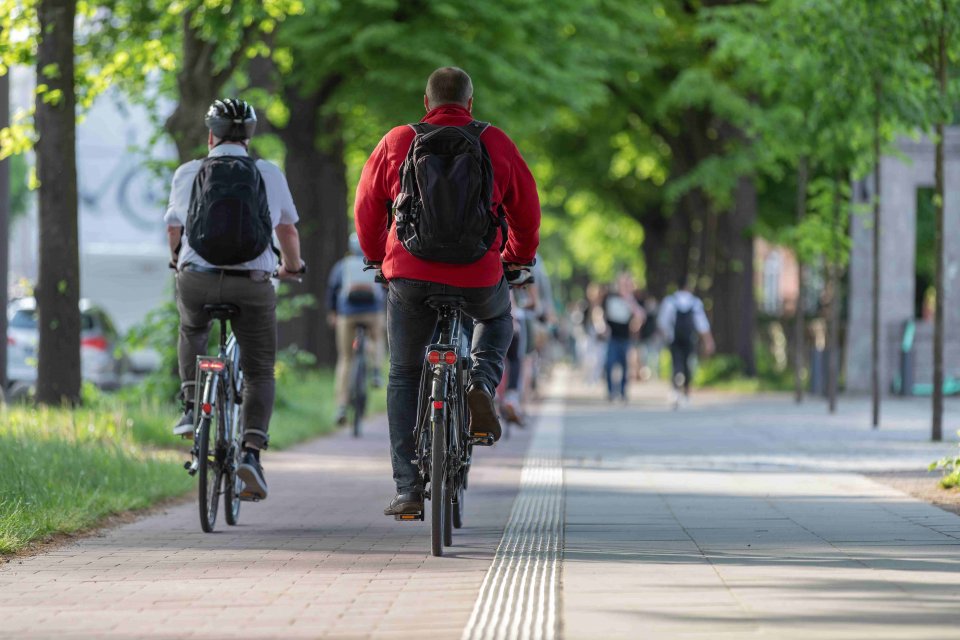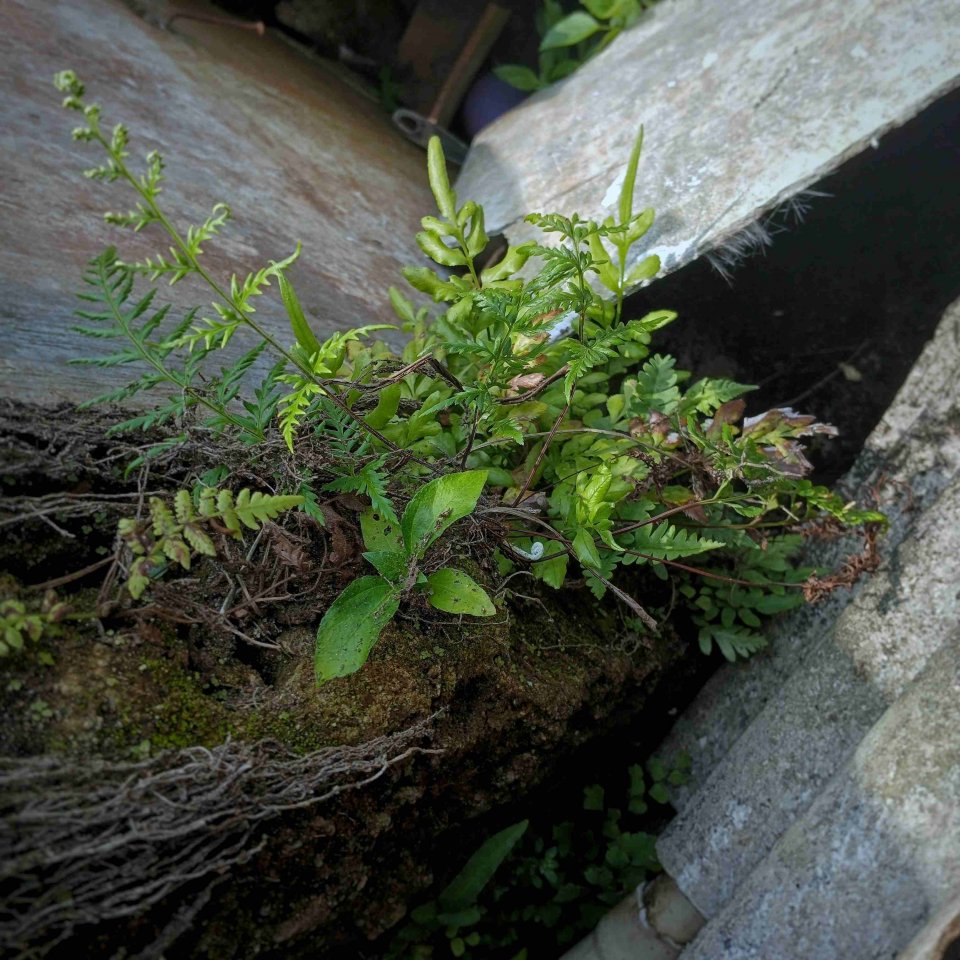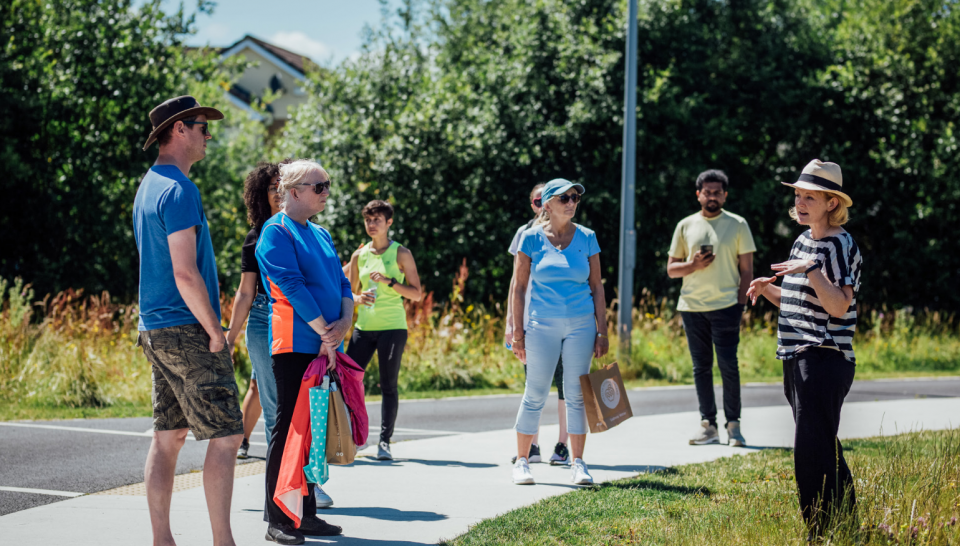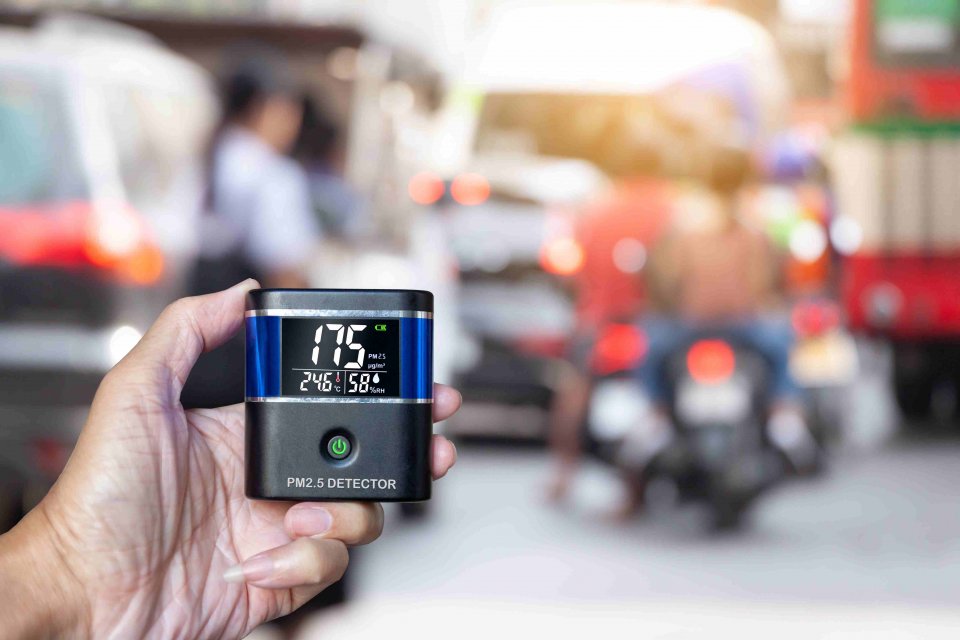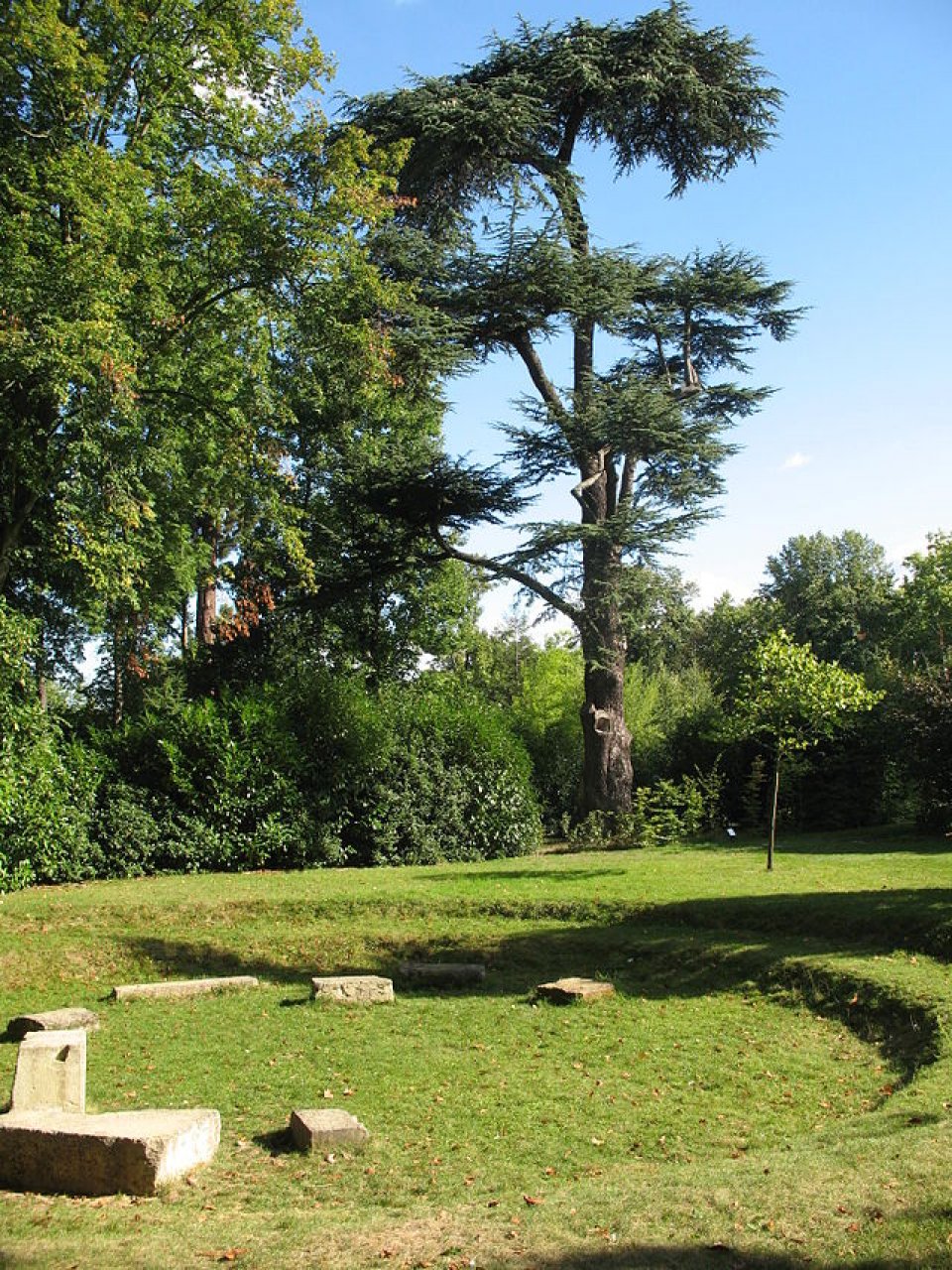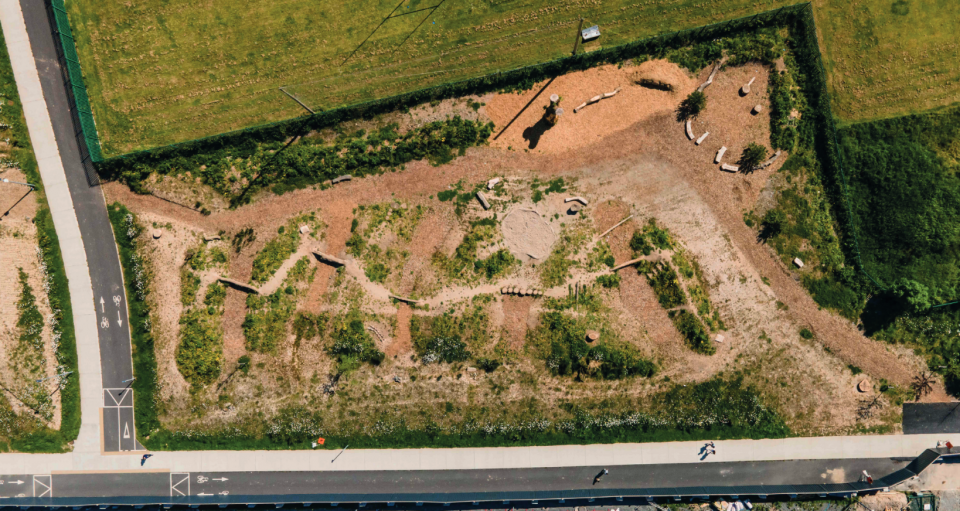Nature-based solutions resources
Revealing the determinants of gender inequality in urban cycling with large-scale data
Cycling uptake has gone up, but women still cycle much less than men. What role does the urban environment play in this gender-cycling gap? Check out our new study on EPJ Data Science. Publication Date: 18 Apr 2023 Author(s): Alice Battiston, Ludovico Napoli , Paolo Bajardi , André Panisson
Lahti Health Forest Informational Brochure
Curious about the lay of the land at Lahti's new health forest? Then check out this new brochure which tells you what you will discover there and the many benefits of a guided experience in nature. Publication Date: 06 Sep 2023 Author(s): Suutari Taru
D6.3 Digital Placemaking tool-kit for all Cultivating Cities
In an era where technology and nature seemingly stand at opposite ends, digital placemaking offers a unique opportunity to bridge this gap, offering a harmonious blend that enhances human connection with urban nature environments through innovative digital interventions. Firstly, descriptions
Concept to Delivery Innovation Programme - Sustainable finance, business models and nature-based entrepreneurship strategies for Nature-based Solutions
Designing, delivering and managing nature-based solutions at a level that provides environmental, social and economic benefits while building resilience and benefitting biodiversity is complex. There are many issues to consider and many different stakeholders involved at all stages of the process.
Stakeholder Engagement Guide - Nature Based Solutions in Cities
What is this guide? Guidance and a set of tools to establish a strong and consistent foundation for outreach and engagement when undertaking City projects in Nature Based Solutions, Regeneration, Housing etc. Who is it for? Any City Official carrying out a natural or built environment project that
Visionary and integrated solutions to improve well-being and health in cities: Clustering Activities - Joint Manifesto
Report The following is a joint manifesto from four sister projects which calls on European cities to launch initiatives that offer visionary and integrated solutions at the intersection of social, cultural, digital and nature-based solutions (NBS) to increase the health and well-being of
The development of a Gender, Inclusion and Diversity Framework for inclusive Nature-based Solutions in cities
Evidence consistently shows that the benefits Nature-based Solutions generate are determined by several individual characteristics such as gender, age, sexuality, ethnicity and disability. As a result, Nature-based Solutions can perpetuate existing inequalities and even create new inequalities
Co-Creation and Awareness Workshops for the Region of Murcia: "Reflecting on the implementation of nature-based solutions in schoolyards in the municipality of Puerto Lumbreras"
The Directorate-General of Housing and Architecture of Murcia participates in the GO GREEN ROUTES European project which consists of a multidisciplinary consortium of 40 partners. In this project, nature-based solutions (hereinafter NBS) are implemented in urban spaces in six laboratory cities, the
The importance of protecting human health in the EU climate policies
As anthropogenic climate change continues to escalate, its detrimental efects on human health are becoming pronounced, demanding urgent transformative actions from European policymakers. This policy brief underscores the importance of protecting human health in the EU climate change policies. As
The impact of exposure to green or bluespace on dietary intake and food choices among adults—A systematic literature review
Extensive research has shown that spending time in natural greenspaces has a positive impact on health. However, there is limited evidence regarding potential factors that may influence these effects. This review aimed to assess the strength of the evidence and potential impact of exposure to green
NetworkNature Annual Event 2024 Report | Busting myths: People with nature
This year’s NetworkNature Annual Conference – "Busting myths: People with nature" took place on 25th September 2024, both online and in-person in Brussels, in Belgium. It gathered more than 370 participants, including policymakers, local authorities, researchers, land planners and
Science at ISGlobal
The 1000 cities ranking is a project of the Barcelona Institute for Global Health (ISGlobal), one of the centres in the PRBB. It’s aim is to estimate the impact of air quality, noise, temperature and proximity to green spaces on the health of people living in Europe's largest cities. Learn
Webinar: Ireland's Contribution to a Greener Future
The webinar "Ireland’s Contribution to a Greener Future", hosted by GoGreenRoutes on 16 March 2021, gathered Irish partners involved in EU H2020 and other funded research projects related to the environment, cities and health and well-being. The webinar opened with presentations from
GoGreenRoutes Introduction Video
Learn about GoGreenRoutes' core approaches and meet the project's partner cities in this short introduction video.
Seedbed Intervention Images
Do you want to feel the full experience of our recent Seedbed Interventions in the Seed Cities of Burgas, Limerick, Lahti, Umea, Tallinn and Versailles? Fear not. You can see for yourself in this gallery of imagery from the interventions. Publication Date: 03 Feb 2023 Author(s): City of
How opportunistic mobile monitoring can enhance air quality assessment?
The deteriorating air quality in urban areas, particularly in developing countries, has led to increased attention being paid to the issue. Daily reports of air pollution are essential to effectively manage public health risks. Pollution estimation has become crucial to expanding spatial and
Climate crisis, cities, and health
More than ever, the climate crisis is becoming a health crisis. An estimated 5 million people globally die each year because of suboptimal temperatures,1 with a large proportion of heat-related mortality (37%) attributable to human-induced climate change.2 Cities have an important role in climate
On the need for a multi-dimensional framework to measure accessibility to urban green
With the recent expansion of urban greening interventions, the definition of spatial indicators to measure the provision of urban greenery has become pivotal in informing the policy-design process. By analyzing the stability of the population and area rankings induced by several indicators of green
The environmental health citizen interview tool: towards an inclusive qualitative environmental wellbeing approach in support of planetary health
Nature-based Solutions (NbS) are vital for addressing climate change and biodiversity loss, yet their benefits are often unequally distributed. This study introduces the Environmental Health Citizen Interview Tool, aiming to inclusively capture diverse perspectives on environmental wellbeing using
- ‹ previous
- 9 of 33
- next ›

